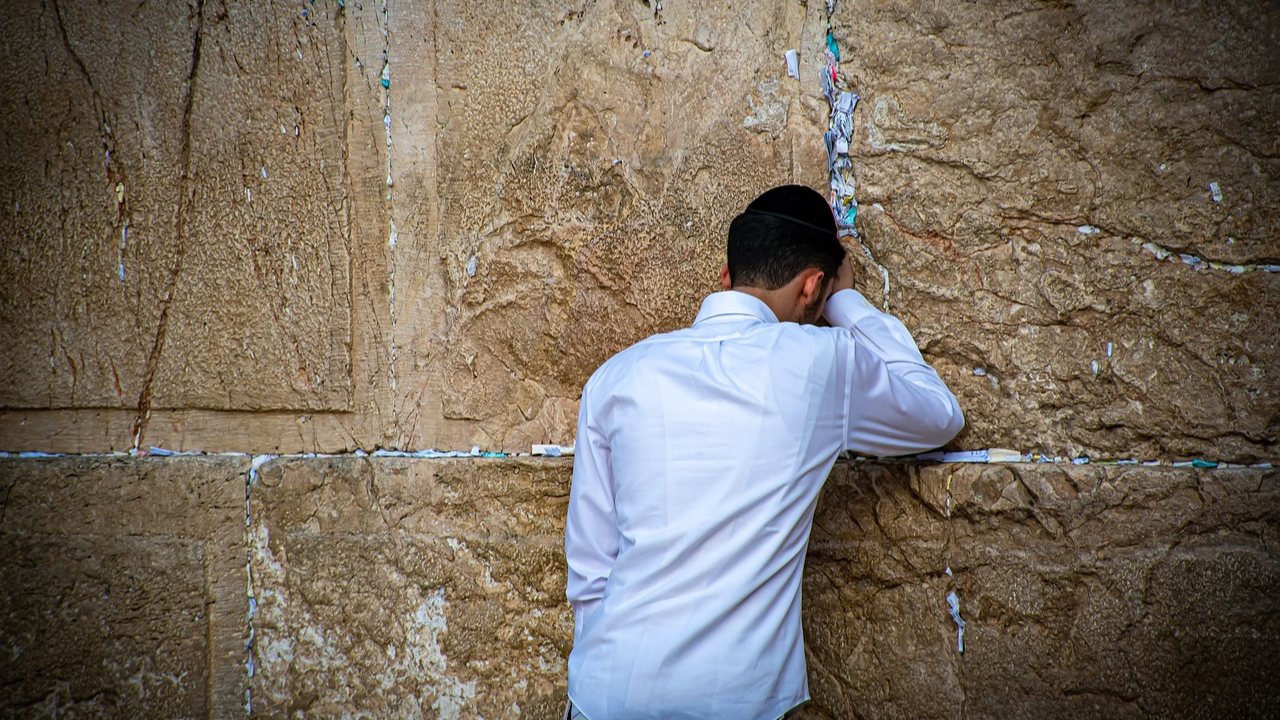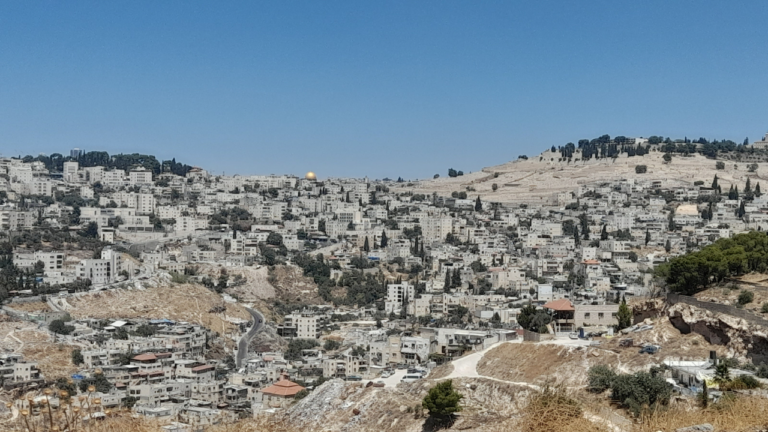And They Shall Make Me a Sanctuary: Revealing the True Capacity of a Jew
In this week’s parsha, the Bnei Yisrael are given a commandment to build a Mikdash for Hashem. ועשו לי מקדש, and they shall make a sanctuary for Me. Conventionally, we would translate the words of Mishkan and Mikdash as sacred locations dedicated to the resting of the Divine Presence in this world. This Divine Sanctuary is essential for the universe to fulfill its purpose. Famously, the Midrash Tanhuma (Nassa 24) explains that the creation process started with HaKadosh Barukh Hu’s “desire” to rest and reside in the lower worlds, שיהא לו דירה בתחתונים. The Mikdash is the perfect place to serve as God’s “dirah”, His residence in this world. It is not a surprise that the Mikdash (and our lacking it) claims so much of our attention. As we know, a huge portion of the mitzvot of the Torah can only be fulfilled with a rebuilt temple in Jerusalem. No less than six times a day do we beg Hashem in our Shemona Esrei to return His Divine Presence to Tzion and Yerushalayim so that the world can reclaim its destiny through His residence in the Mikdash.
However, looking carefully at Hashem’s description of this mitzvah to build the Mikdash, a different picture emerges. The focus of this commandment is not to facilitate HaKadosh Barukh Hu’s resting in the physical structure of the temple. Rather, ועשו לי מקדש ושכנתי בתוכם, and they will make a sanctuary for Me, and I will dwell in them. As Rav Moshe Alshich famously notes, the wording of the verse presumably should have been ושכנתי בתוכו, and I will dwell in it. Yet, HaKadosh Barukh Hu deliberately emphasizes the primary purpose of His temple and sanctified space: to facilitate His dwelling within each and every Jew.
Rav Chayim Volozhiner, in his masterpiece entitled Nefesh HaChaim (1:4), takes the Alshich’s comment a radical step further. We were not given a commandment to build a Sanctuary for God to merely have His presence resting in the physical structure of the temple. Rather, the Mikdash and its holy vessels described in our Parsha, with their complex and detailed instructions, are intended to serve as a metaphor for how to bring Hashem’s Divine Presence into ourselves. The intense Divine Presence that manifested itself in the temple was only there to show what a Jew is capable of accomplishing within his or her own self. The Mikdash served as a window through which to behold the spiritual power of every Jew. It was a mirror that reflected a Jew’s awesome potential.



